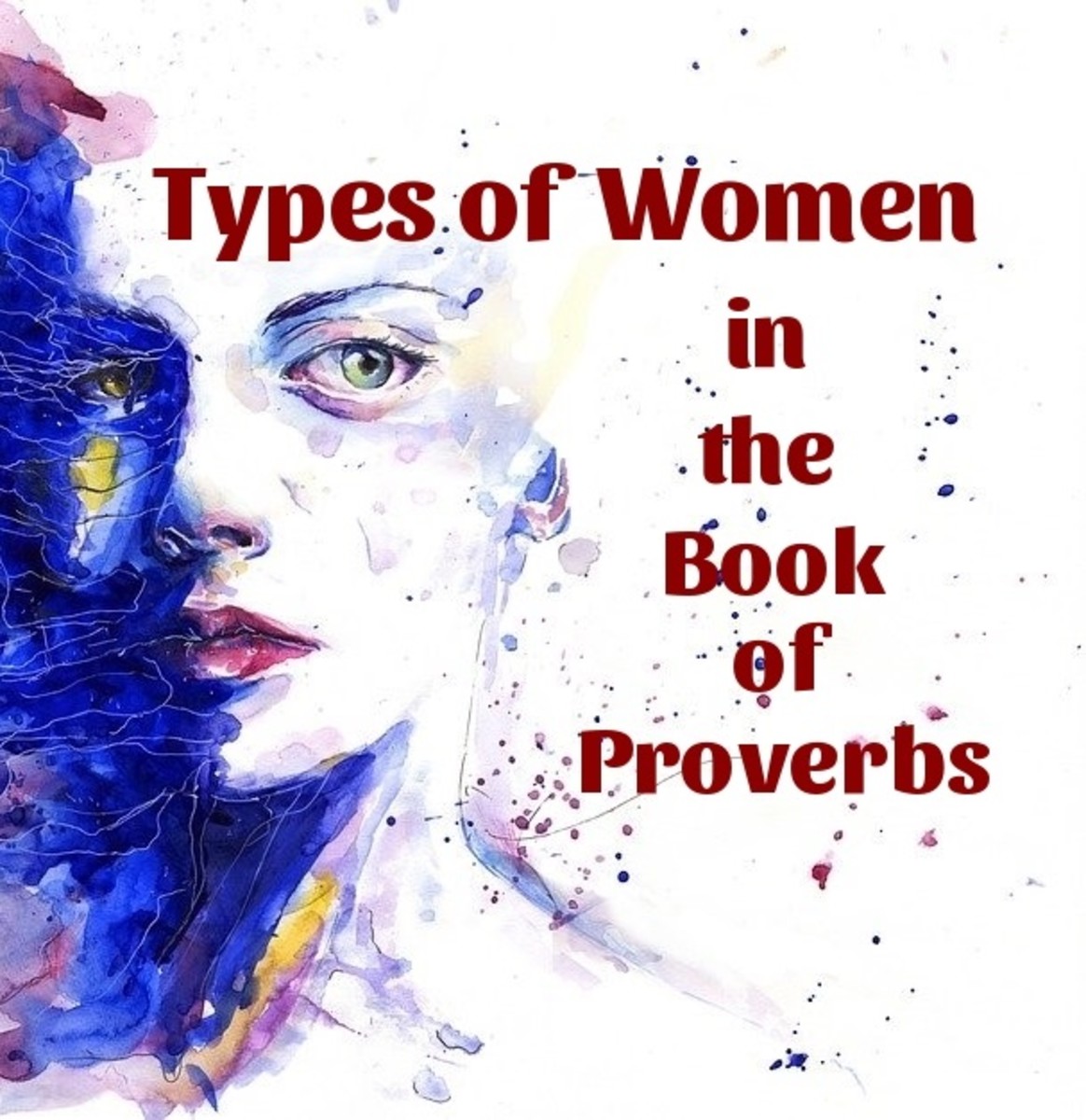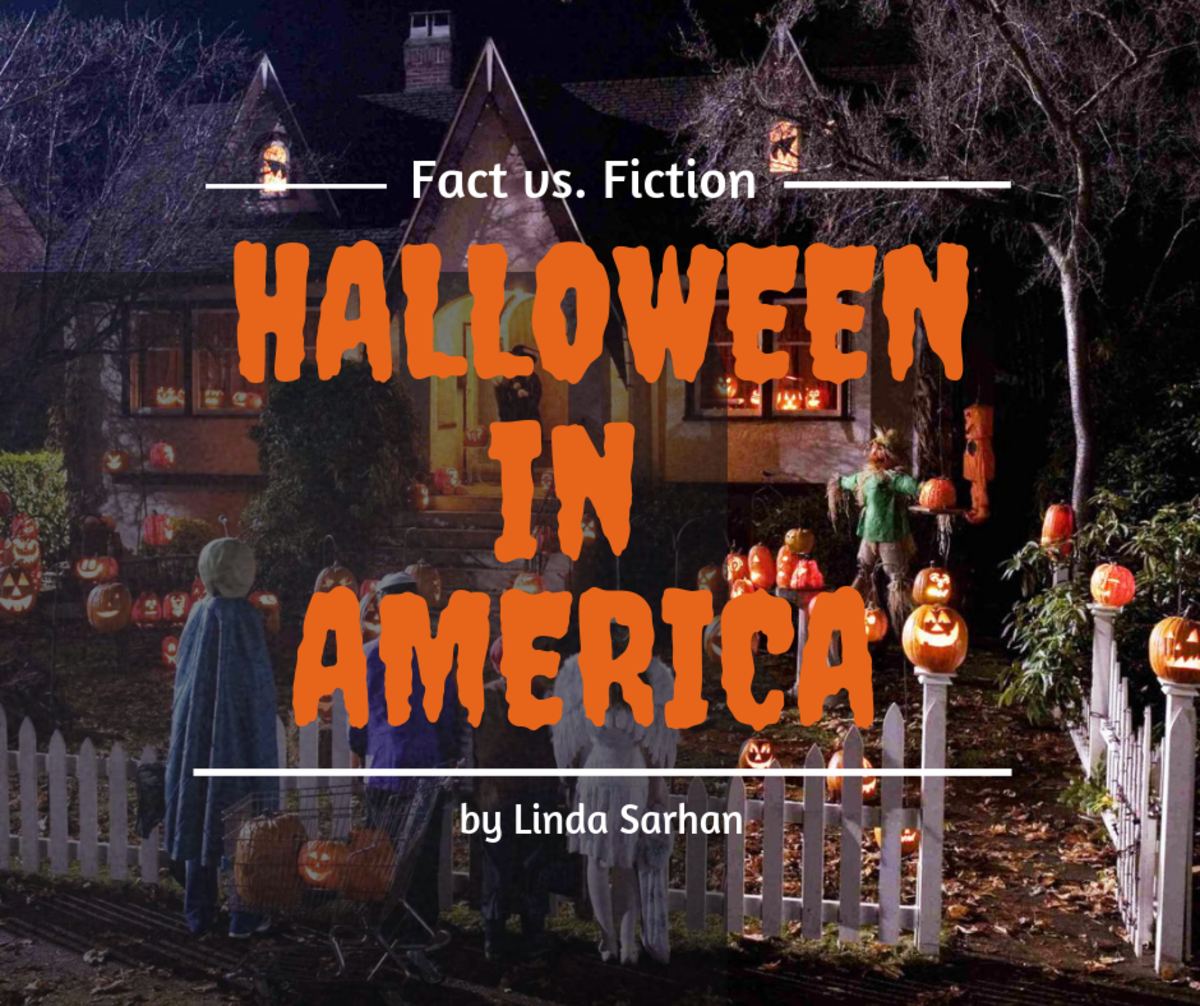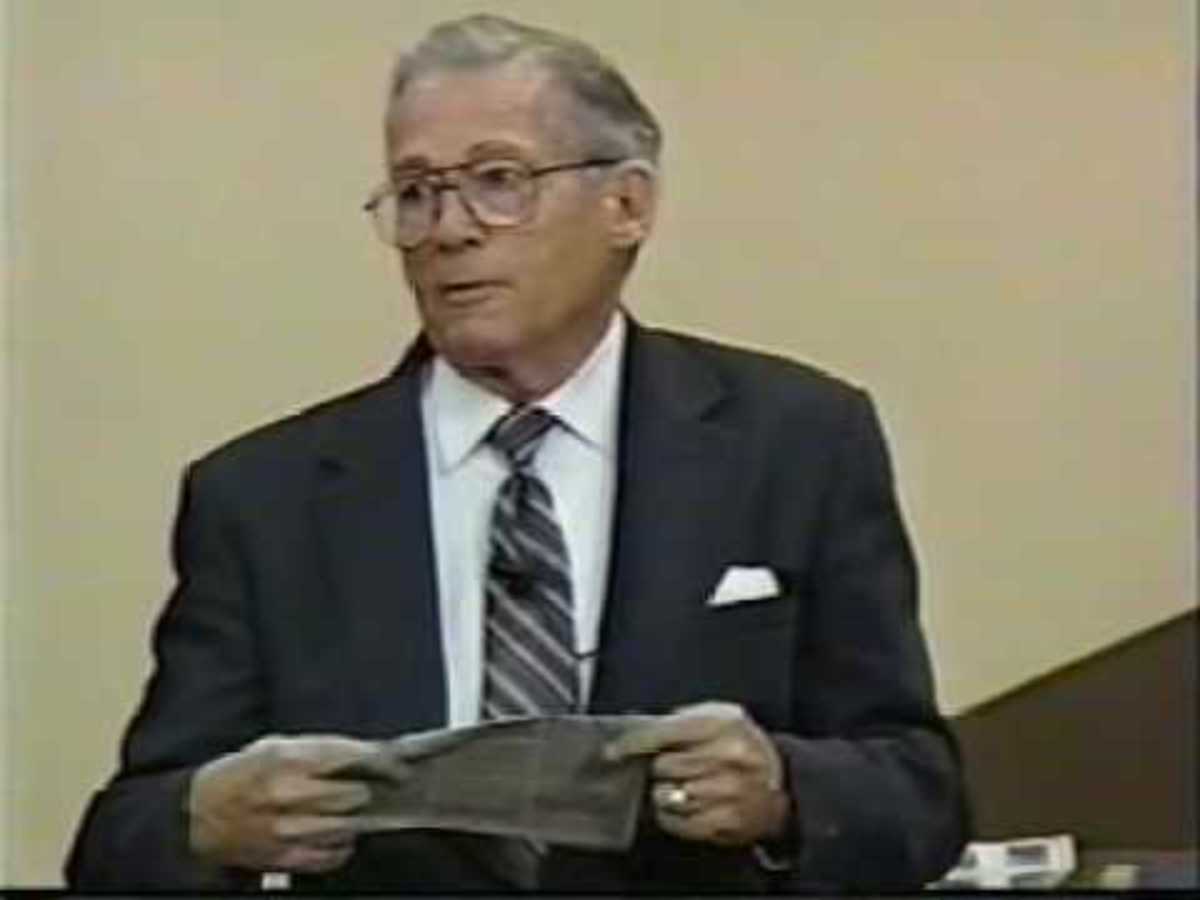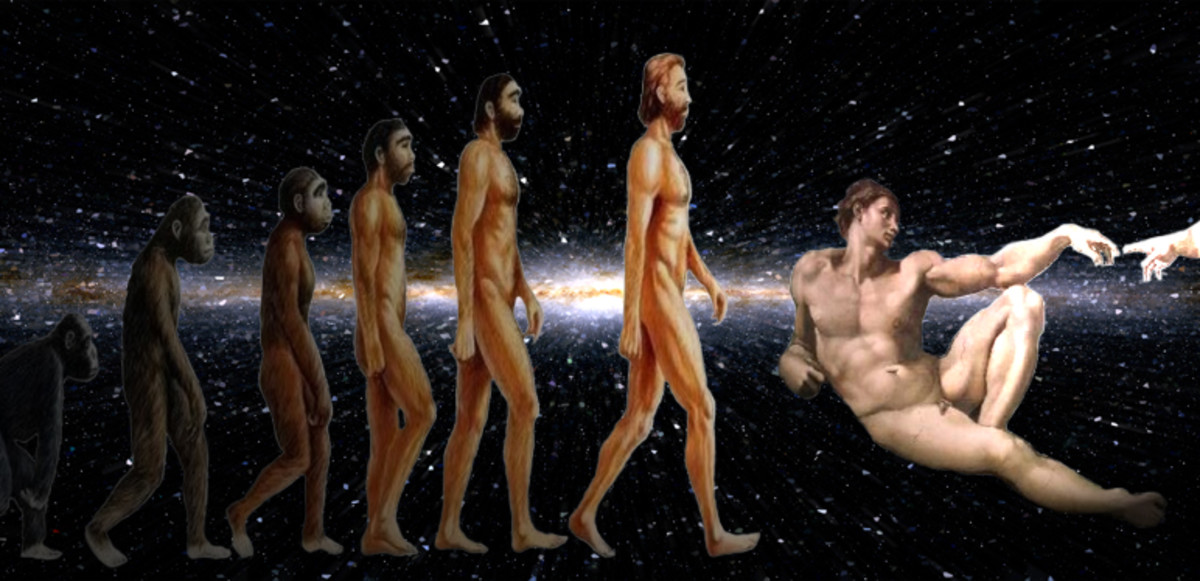The King James Holy Bible : Facts VS Fiction
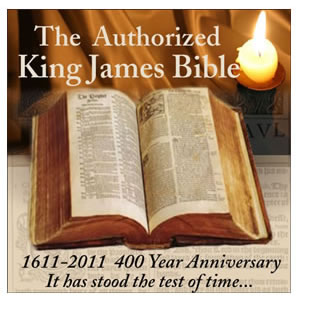
If you have noticed, over the past few decades, “new” Bible translations have been showing up all over the place. Though many newer versions have shown up, many Christians have stuck to the roots & stayed only using authorized KJV Bibles. Others, however, have chosen to use newer versions for various reasons. The most common heard reasoning is “The newer versions are easier to read & understand” & “The old context has many mistakes that had to be revised to the current times”. These same people believe the modern versions to be better than the original translation of the King James Bible. To understand what is going on, you must study the bible's themselves. You can decide for yourself which is the truest form of God's word. Don't just read your Bible, study it & learn its history.
Facts VS Fiction
Many Christians are simply using the original translation by faith alone rather than learning about it. If you have knowledge on your Bible you can better defend its trues. You want to become grounded in the Word. Below are a few facts about the original authorized King James Bible, as well as a few lies (fictions).
---------------------------------------------
Fiction – The King James Bible was revised many times between 1611 & 1800; Making modern translations additional revisions of the original Bible of 1611.
Fact – The revisions of the King James Bible were to correct minor typographical errors. They also added in notes (not in the actual Word, but foreground text) & got rid of the Apocrypha that was between the Old Testament & the New Testament. The only actual change in the Word was correction typo errors like punctuations & misspelling of words. The 36,000+ changes of the actual Word that were made didn't start until modern times (the past few centuries).
---------------------------------------------
Fiction – The new (modern) translations are more accurately translated. They have been translated from older, better manuscripts.
Fact – No one seems asks what these manuscripts are, where they came from & who actually wrote them. These modern translations are based upon the work of B.F. Westcott & F.J.A. Hort – Two Greek scholars from England. They both hated the way the King James Bible was translated so made up their own Greek text which was based on two Roman Catholic manuscripts : The Codex Vaticanus (1481) & Sinaiticus (1859). The Codex Vaticanus was found in the Pope's library in 1481 & the Sinaiticus was discovered from a trash can which was at St. Catherine's Monastery on Mount Sinai (hence, the name). The Vaticanus is considered to be the most authoritative & is most responsible for the new “modern” versions. This literature contains the Greek pagan books known as the Apocrypha. It omits the Book of Revelation & cuts off the Book of Hebrews at 9:14. Ironically enough, in 10 God forbids the Catholic Church's priesthood. These scriptures originated in Alexandria, Egypt. Origen & Clement, two Greek “scholars” are responsible ( the Authors) for the Apocrypha. In 313 A.D. Constantine, the Roman emperor ordered fifty copies of the bible from Eusebius, the Bishop of Caesaira. Instead, he chose to send him only manuscripts of Alexandria text rather then sending the original Bible un the Syrian text from Antioch. From there, the Alexandria text, also called Egyptian or Hesychian text, made its way into the Vatican manuscript. Eventually it ended up the Westcott & Hort Greek text. Today, we find it in many “revised” or “modern” bibles. So by all of this, when you read of someone correcting or fixing the mistakes of the King James Bible with more authoritative or older manuscript, you are reading about someone trying to use a Roman Catholic text to over-throw the honored text of God.
---------------------------------------------
Fiction – The new translations are “needed” to fix the errors as well as the contradictions inf the King James Bible.
Fact – There has never been one person that has proof that there are errors & contradictions in the King James Bible. There are many preachers & even “Christian” colleges that try to point out contradictions to their followers. The arguments have been dis-proven many times.
---------------------------------------------
Fiction – The new translations are needed to update that manuscript from Old English to modern English. The KJV is far to hard for people to understand.
Fact – The English in the KJV is not by any means hard to understand. Most of the Old English words are explained by reading the passage & noting how the word is being used. The Grade Level Indicator of the Flesch-Kincaid research company actually says the KJV is easier to understand than the updated and modern versions.
---------------------------------------------
Fiction – The original KJV Bible included the Apocrypha in the Old Testament.
Fact – The KJV translators knew that the Apocrypha was not scripture which is why they placed it between the Old & New Testament using it as an historical document, not as actual scripture.
---------------------------------------------
Fiction – The KJV can't be trusted because the translators were only men & all men are sinners. It likely has many mistakes.
Fact – If that is a true statement, then the original text in Hebrew & Greek is not to be trusted & was likely to have mistakes because it too, was written by men.
---------------------------------------------
Fiction – The King James translators put in their own italics that were not in the original context.
Fact – The italics in the KJV are proof that the translators were honest with there work. They put the word in italics we we would know they were not in the original manuscript they used. There are actualy justified italics in the KJV. If we look in Deuteronomy 8:3, the word “word” is in italics, but if we look to Matthew 4:4 we see that Jesus included the italicized word – Why would Jesus quote it if it didn't belong in the Bible?
---------------------------------------------
My Own Opinion
To me, personally, I don't need anymore reasons to trust in the KJV Bible. I will continue to use it as my only bible because it makes sense to me & feels right in my heart. For me, the old context has a stronger impact on my spirit. I just want to encourage people to not just read their Bibles but study them. Learn the history of your book so you can stand on solid ground. Regardless of what anyone could ever say about the King James Bible, I will never stop using it for an updated or modern version.

